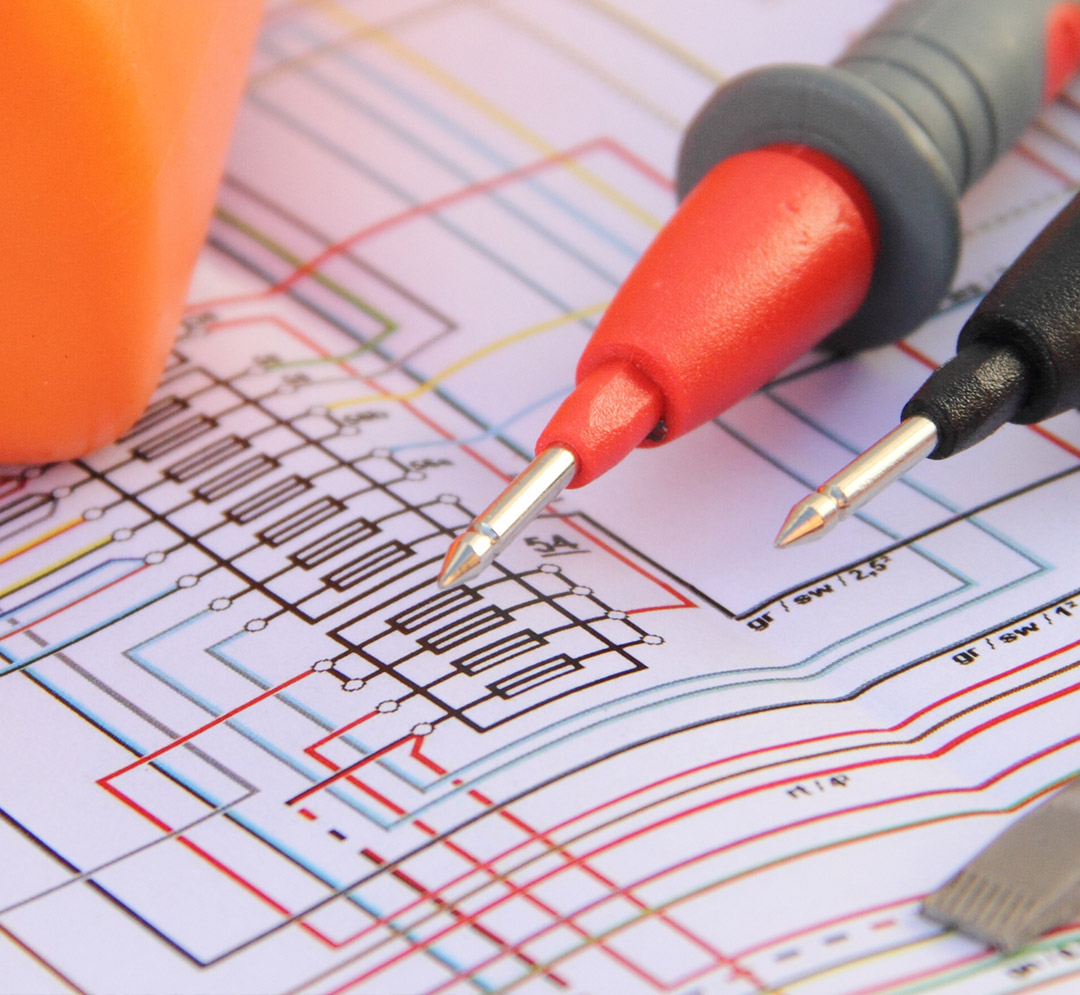About Grounding
E&S Grounding Solutions
What is Electrical Grounding?
Electrical grounding or “Grounding” originally began as a safety measure used to help prevent people from accidentally coming in contact with electrical hazards. Think of your refrigerator. It is a metal box standing on rubber feet with electricity running in and out of it. You use magnets to hang your child’s latest drawing on the metal exterior. The electricity running from the outlet and through the power cord to the electrical components inside the refrigerator are electrically isolated from the metal exterior or chassis of the refrigerator.
If for some reason the electricity came in contact with the chassis, the rubber feet would prevent the electricity from going anywhere and it would sit waiting for someone to walk up and touch the refrigerator. Once someone touched the refrigerator the electricity would flow from the chassis of the refrigerator and through the unlucky person possibly causing injury.
Grounding is used to protect that person. By connecting a green ground wire from the metal frame of the refrigerator, if the chassis inadvertently becomes charged for any reason, the unwanted electricity will travel through the wire back to your electrical panel, and tripping the circuit-breaker stopping the flow of electricity. Additionally, that wire must be connected to something that is in turn connected to the earth or ground outside. Typically this connection is a grounding electrode, such as a ground rod.




Grounding & Earthing
The process of electrically connecting to the earth itself is often called “earthing”, particularly in Europe where the term “grounding” is used to describe the above-ground wiring. The term “Grounding” is used in America to discuss both below-grade earthing and above-grade grounding.
While electrical grounding may have originally been considered only as a safety measure, with today’s advances in electronics and technology, electrical grounding has become an essential part of everyday electricity. Computers, televisions, microwave ovens, fluorescent lights and many other electrical devices, generate lots of “electrical noise” that can damage equipment and cause it to work less efficiently. Proper grounding can not only remove this unwanted “noise”, but can even make surge protection devices work better.
More on our Blog
Find out more about Grounding on our official blog and see responses from other readers.
Let's Talk! Schedule a Free Phone Consultation Today.
Schedule a FREE Discovery Call with David Stockin, Founder CEO and Managing Partner.
Wherever you are located, let's meet in a 15-minute call and see how we can assist with your project.
Do you prefer to reach us via email?
Ask the Grounding Experts.
